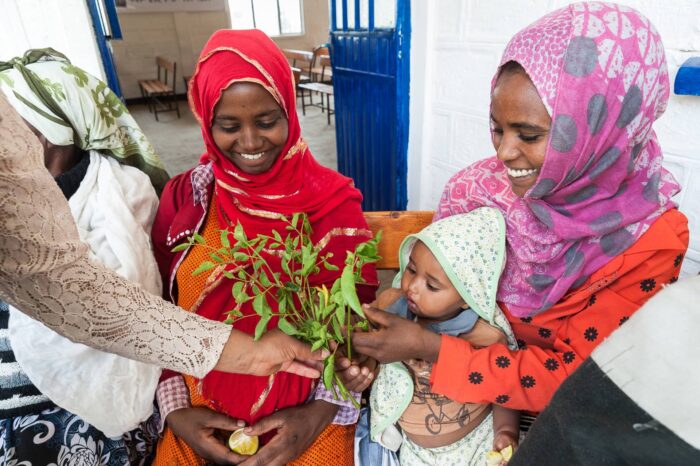We are proud to join our global community this World Food Day (October 16) in raising awareness about the importance of adopting sustainable food systems around the world. This year’s World Food Day theme is ‘Our actions are our future. Better production, better nutrition, a better environment and a better life’, which highlights the economic, social and environmental dimensions of agri-food systems.
The ways in which we produce, prepare and store the food we eat everyday makes us an integral part of our food systems. However, most of our current food systems are unsustainable and contribute to environmental degradation and climate change.
The FAO reminds us that a sustainable food system delivers food security and nutrition to all in such a way that the economic, social and environmental security of future generations are not compromised. As we face the repercussions of COVID-19 and exit the hottest summer ever recorded, it is more important than ever that we invest in sustainable food systems in a holistic fashion. This is why we are committed to creating sustainable food systems that promote lasting development and benefit not only current community members, but also, future generations.
The Epicenter Strategy, utilized in eight program countries, impactfully promotes sustainable food systems through agricultural training, seed banks and climate adaptation workshops. Local agricultural experts collaborate with community partners to facilitate the transition towards environmentally conscious farming practices. A locally tailored approach ensures that the farmers in every community have the opportunity to learn about agroecology with regard to their specific environment
In Namayumba, Uganda, farmers at the Namayumba Epicenter make organic anti-pest sprays, effectively reducing the use of inorganic chemicals and promoting soil health, thereby ensuring the long term sustainability of their local food system.
Other epicenters teach and promote integrated farming to instill some of the vital skills necessary for developing more sustainable food systems. By combining diversified crops with livestock, agroecology and reforestation practices, households maintain a steady source of income throughout the year all the while nurturing their surrounding environment. Widely implemented in Malawi, integrated farming embraces the idea of a sustainable food system that repairs the environment rather than degrading it any further.
Sustainable food systems are key to ending world hunger and creating a better tomorrow. Join us and commit to creating a #ZeroHunger world TOGETHER on this World Food Day!

